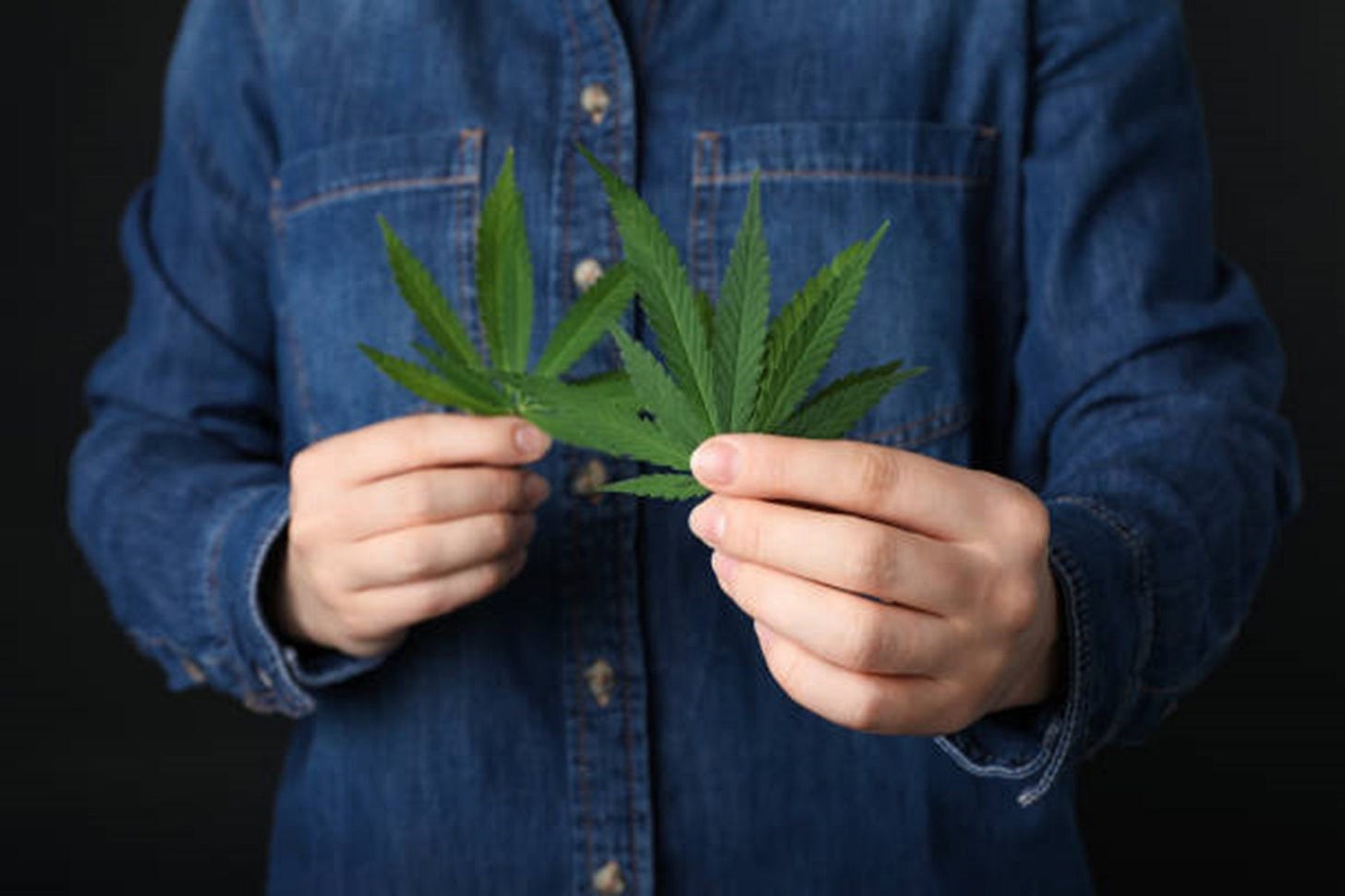What do you think about cannabis? Well, my opinions have changed through additional research.
Cannabis has been around for longer than the US has been a country. And since about the 60s has been looked at very poorly in America.
The point is that this plant has been made illegal, and millions of people have been imprisoned for even the smallest amounts of it. Our ever-loving government put out even an extensive commercial advertising campaign to teach us how horrible this plant is.
Society and the government told us that using it even once could be a gateway to cocaine and certain death. There was even a movie called "Reefer Madness", around 1930 that created a lot of myths about cannabis that have continued to this day. Amazingly, we can tell a bunch of lies, and for almost 100 years, people will believe them no matter what science tells us.
We have created a vision that, while not only untrue, is also possibly keeping us from seriously impacting the opioid issue. While the movie, and the government, tell you that cannabis, or marijuana, is extremely addictive and will cause things like murder, drastically impaired driving, long-term psychological damage, all kinds of violence, and will lead to sexual assault and rape, this has not panned out with fact.
If these issues look familiar to you, then you might be thinking of alcohol, which is not only legal, it is looked at very favorably in society at the moment with commercials in all print and TV ads. The addiction numbers for cannabis have always been very murky as they have never distinguished between those who really like cannabis and those who cannot function without it.
Thus, anyone who uses it regularly is classified as addicted even though there is no real addiction. This statement raises the obvious question of why people like it so much. Why do people feel the need to use it on an everyday ongoing basis? To answer this question, I want to take you on the path I walked through as I started to change my viewpoint from that of the average American that was taught over and over and over again how terrible cannabis was and how even 1 joint would ruin my life.
A funny side story illustrates my thinking on the subject. I had a girlfriend through high school and college whom I was on the path to marriage who smoked cannabis with one of her friends. I told her, "I knew what that stuff did,” and if she ever smoked again, we would break up, and I was serious about it.
So, let's say I was kind of against it. I want to point out that when I told her this, I was drinking heavily, as many college students do, but that was ok. About 15 years later, I became the doctor that helped evaluate investment options for an alternative investment firm called.
The Athlete Group, or TAG. My job was to evaluate any new investment option that had anything to do with medicine or health. Since we mainly worked with pro athletes and the NFL, we dealt with pain, concussions, human performance, and anything an athlete would need. Several of our athletes came to us and told us that they wanted to invest in cannabis somehow because they all liked it.
Invest in what you know and like strategy. This led to cannabis falling into my research vertical, so I had to investigate it and give my opinion. This was kind of a funny path as I started out trying to show with research why we should stay away from cannabis because it was scary, bad, and addictive....right?
Stay tuned for more information about cannabis on all of my channels.
Check out Chalmers Pillarsofwellness.com for Wellness updates! And ask me any questions you have at questions@chalmerswellness.com. I answer all of them and look forward to hearing from you.
The Chalmers Wellness Stubstack just launched. Comment, Like, Interact with other people on their wellness journey. Communities can make the difference. DrChalmers.substack.com
Dr. Matt Chalmers
Disclaimer: This content is for informational purposes only. Before taking any action based on this information you should first consult with your physician or health care provider. This information is not intended to be a substitute for professional medical advice, diagnosis, or treatment. Always seek the advice of your physician or other qualified health providers with any questions regarding a medical condition, your health, or wellness.







